Understanding Relationship Distress
Understanding Relationship Distress
Relationships are complex, beautiful, and at times, challenging. The joy and love they bring into our lives can be immeasurable, but so too can be the distress when they encounter rough patches. Understanding relationship distress, its causes, and its impact is crucial for maintaining healthy, happy connections with those we love.
What Is Relationship Distress?
Relationship distress refers to the emotional turmoil, tension, or discomfort experienced within a relationship. It can manifest in various forms, including constant arguments, emotional detachment, lack of intimacy, and more. This distress can occur in any type of relationship, whether it’s a romantic partnership, a friendship, or even within a family.
Common Causes of Relationship Distress
- Poor Communication: Communication is the foundation of any healthy relationship. When communication breaks down or becomes negative, it can lead to distress. Misunderstandings, misinterpretations, or not being heard can all contribute to this problem.
- Unresolved Conflicts: Failing to address and resolve conflicts can lead to ongoing distress. Unresolved issues often fester and create emotional distance.
- Trust Issues: Trust is essential in any relationship. When trust is broken due to lies, infidelity, or other reasons, it can result in significant distress.
- External Stressors: Sometimes, external factors like financial problems, work stress, or family issues can spill over into a relationship, causing distress.
- Change or Transition: Major life changes or transitions, such as moving, job changes, or the birth of a child, can strain a relationship and lead to distress.
The Impact of Relationship Distress
Relationship distress can have a profound impact on an individual’s mental and emotional well-being. It can lead to:
- Stress and Anxiety: Constant tension within a relationship can cause increased stress and anxiety, affecting one’s overall quality of life.
- Depression: Prolonged relationship distress can contribute to feelings of hopelessness and sadness, potentially leading to clinical depression.
- Physical Health Issues: Chronic distress can manifest in physical symptoms such as headaches, digestive problems, and sleep disturbances.
- Isolation: Some individuals may withdraw from their social circles when experiencing relationship distress, leading to isolation.
- Decreased Self-Esteem: Constant conflict or criticism in a relationship can erode self-esteem and self-worth.
It’s important to be in touch with our emotions to recognize when we are distressed and acknowledge it. It’s essential to recognize the common causes and the potential impact it can have on your mental and emotional health. If you’re experiencing relationship distress, seeking the help of a qualified therapist can provide the guidance and support needed to navigate these challenges and work toward healthier, happier relationships. Remember that with the right resources and a willingness to address the issues, relationship distress can often be overcome.
If you are experiencing distress from a current or past relationship, then feel free to reach out to me. I have sessions available in person at Highland Park Community house and on zoom.
See my website for more details: www.newbeginningstherapy.co.nz








Recent Comments